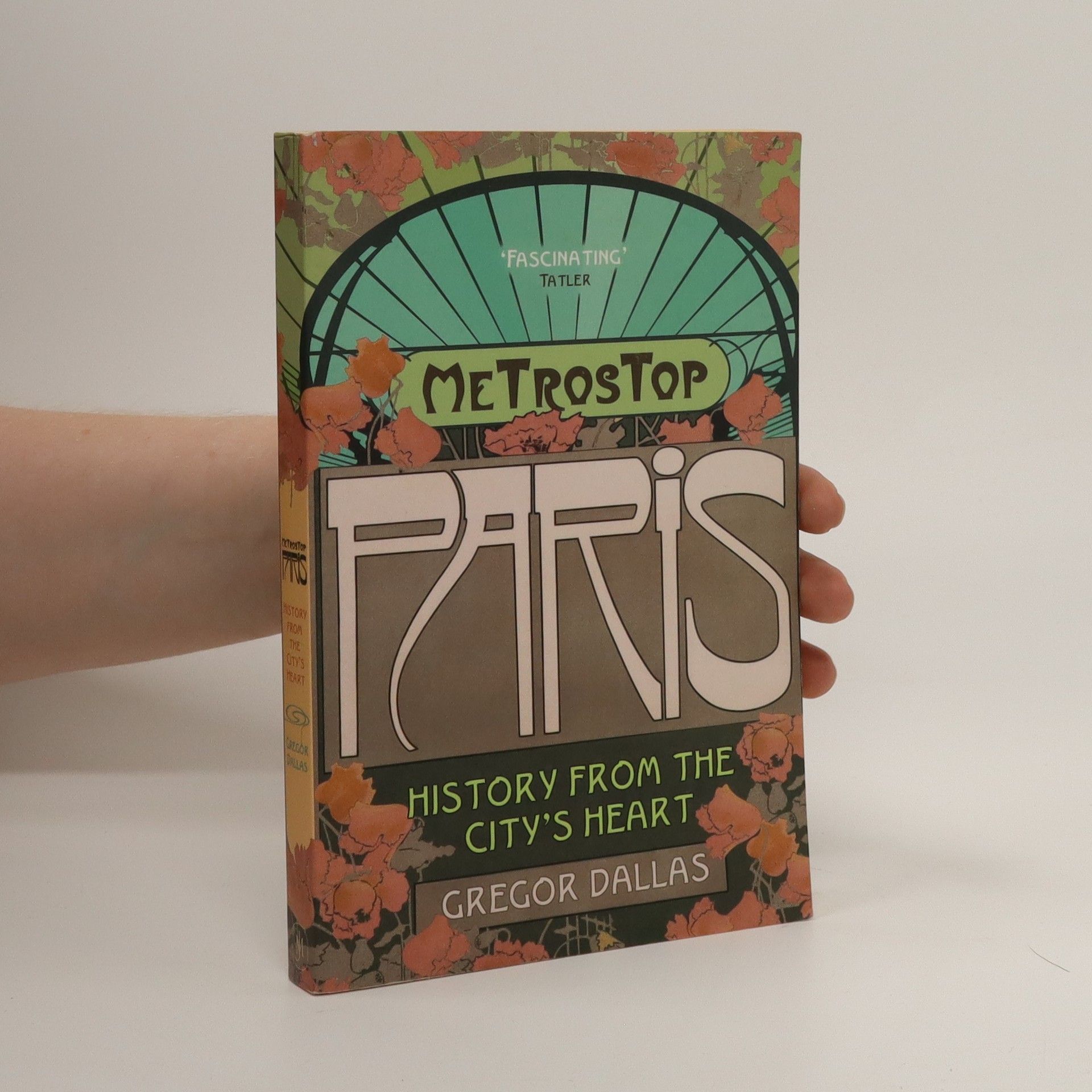Metrostop Paris : history from the city's heart
- 256pages
- 9 heures de lecture
The name of every Parisian metro station tells a story. The author recounts a series of extraordinary, true tales about the city as he leads his readers around the metro. The book includes visits to Paris's catacombs at 'Hell's Gate', the literary cafés and and old jazz cellars of Montparnasse and Saint-Germain-des-Prés, along with trips to the Palais-Royal at the time of the Revolution and the world of the opera during Claude Debussy's lifetime. Through the eyes of Jean-Paul Sartre, Dallas describes the German occupation of Paris during the Second World War and the intellectual wars that followed. This exciting journey through time and space concludes at the Cemetery Pere Lachaise with the unknown tale of Oscar Wilde's strange involvement in the Dreyfus Affair, the greatest legal scandal of all time.
